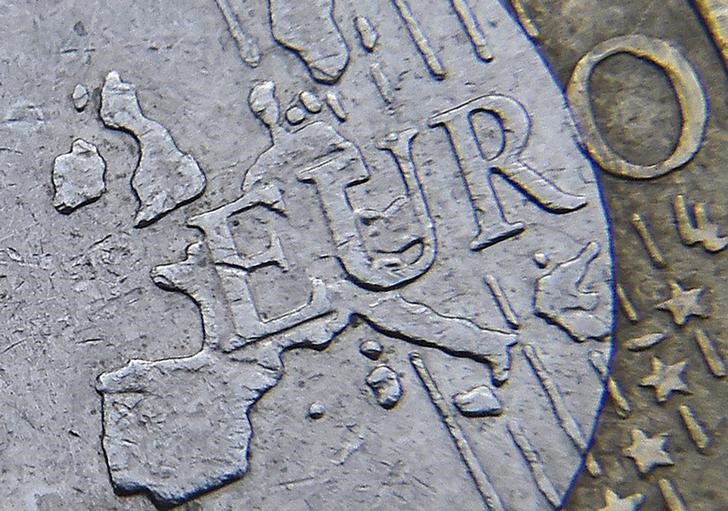Street Calls of the Week
Investing.com -- The euro (EUR) could face further downside against the U.S. dollar (USD) in the coming months amid growing tariff risks, Citi strategists said.
The strategists believe that the potential negative impact of tariffs on the European Union (EU) will outweigh the positive effects of any future EU spending.
According to Citi, the dollar is currently being influenced by three main factors: the potential for increased tariffs which is positive for the USD, the ceasefire between Ukraine and Russia combined with EU spending which could eventually be positive for the euro, and the recent softening of U.S. data which is negative for the greenback.
However, the bank stresses that the sequence of these events is critical, with the tariff risk remaining “underpriced in our view and is only likely to increase into April – especially for the EU.”
Citi expects that the negative effects of tariffs will precede the benefits of EU military spending, which is anticipated to take a significant amount of time to ramp up.
Moreover, the Wall Street firm points out that trade conflicts tend to impact manufacturing economies more heavily, and with the U.S. having a higher services weighting, it is likely to perform better as tariffs begin to affect the global economy.
Citi maintains its stance from mid-January, suggesting that while the dollar may have peaked earlier this year, a sharp reversal of the rally seen in the last quarter of 2024 through the first quarter of 2025 is unlikely.
“Rather, we expected the USD had entered a new range, albeit at higher levels than the range of the prior 18 months,” strategists noted. “This also suggested we were entering a trading rather than trending environment.”
The strategists also highlight that, despite the large intraday movements in the USD caused by these conflicting forces, the asymmetry still leans towards a positive outlook for the greenback in the first half of the year.
They also acknowledge the possibility of some breakdown in dollar correlations, with the potential for the Japanese yen (JPY) to perform well broadly.
In conclusion, Citi’s strategists are not altering their bullish stance on the USD for the short term, as they believe the implications of tariffs, particularly on global growth, are not being fully accounted for. They also consider the optimism around the Ukraine/Russia ceasefire and related military spending to be premature.
As such, the bank’s team continues to expect a weaker EUR/USD performance in the coming months, before a rebound in the second half of the year, alongside a decline in cross-JPY.
